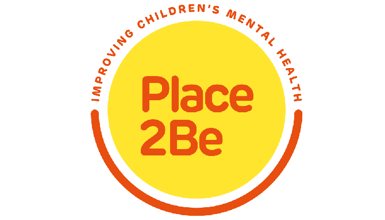Humanistic counselling
Humanistic counselling targeted support programmes involve talking therapy delivered by trained professionals.

Humanistic counselling is a type of talking therapy based on the principle that individuals experience emotional distress when they are separated from their authentic feelings, needs and preferences, and that they have the capability of addressing their own difficulties.
Humanistic targeted support programmes are designed to facilitate personal growth and self-awareness by facilitating open communication and fostering positive self-regard. They aim to bolster students’ independence and enhance their overall wellbeing.
Programme information
This information refers to targeted mental wellbeing support programmes evaluated by the National Institute for Health and Care Excellence (NICE). Other programmes may vary in programme length and delivery method.
- Length: 6-12 weekly sessions
- Delivered by: Humanistic counsellors
- Delivery method: Individual
- Age: 11 – 16+
Targeted support programmes
Humanistic counselling should be delivered by trained professionals. You can explore the following directories to identify an appropriately qualified practitioner:
You may also wish to explore the following example programmes provided by the following organisations.

Here4You*
Here4You is a humanistic counselling service available for staff and students in secondary schools in London.

Place2Be*
Place2Be offers one-to-one counselling services for children and young people.
* Please note: the programmes these providers offer have not been evaluated or quality-assured by Anna Freud, or by NICE as part of their evidence reviews.
There may be other humanistic counselling services and programmes available in your local area. Contact your local authority to find out what is available to your school or college.
If you are unsure who to contact at your local authority, try speaking to your Mental Health Support Team (if applicable), your trust leadership team, or your setting’s safeguarding or pastoral lead.
If you haven’t yet reviewed the targeted support guidance, this will help you to consider which types of targeted support might be appropriate for your setting.
What does the evidence show?



